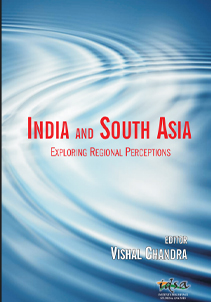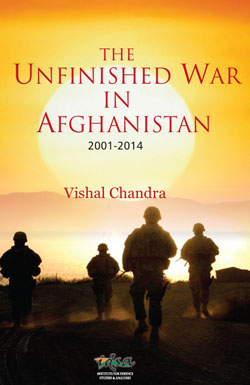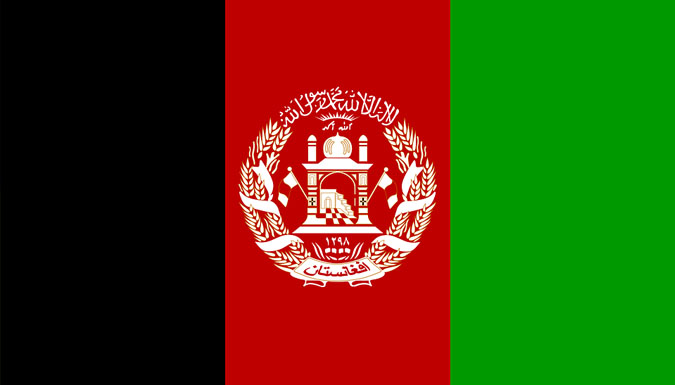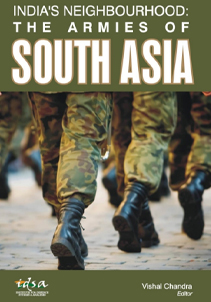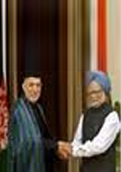India and South Asia: Exploring Regional Perceptions
- Publisher: Pentagon Press
Perceptions play a very significant role in South Asian politics. They have largely shaped and influenced state policies and politics among the South Asian countries, especially in relation to India, over the years. State policies have at times been hostage to negative or adversarial perceptions, well-entrenched in the popular psyche. The perception formation in South Asia is an extremely dynamic process and has evolved differently in different countries. Perceptions are not static and often change with the shift in domestic as well as regional and global politics.
- ISBN 978-81-8274-812-5,
- Price: ₹ 995/-
- E-copy available
- Vishal Chandra |
- 2015 |



